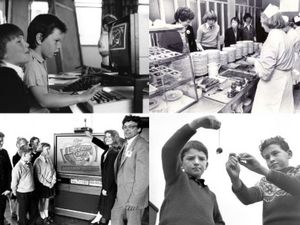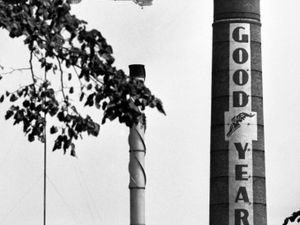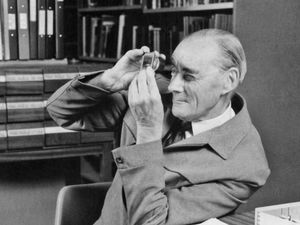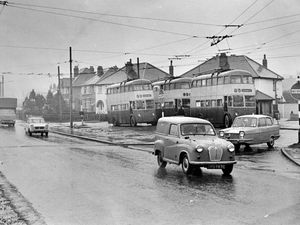HS2 archaeologists exhume bodies and discover artefacts on digs
Digs are taking place across Birmingham and Staffordshire ahead of major HS2 work
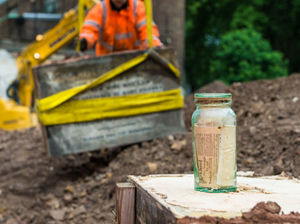
Archaeologists are investigating 10,000 years of British history along the line of the new High Speed rail route in what they say is Europe's largest dig.
Experts from the HS2 project have begun work on the programme to excavate sites along the 150-mile route from London to the West Midlands, the company said.
Neolithic tools, medieval pottery and Victorian time capsules have already been discovered.
In total, more than a thousand archaeologists are set to explore more than 60 separate sites, from prehistoric and Roman settlements to those from the Industrial Revolution and the Second World War.
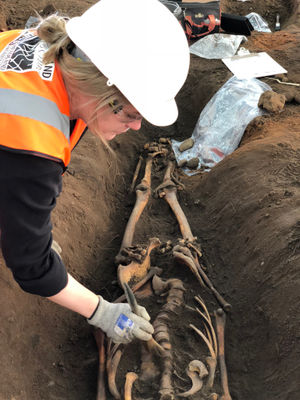
Mark Thurston, HS2 chief executive, said: "Before we bore the tunnels, lay the tracks and build the stations, an unprecedented amount of archaeological research is now taking place between London and Birmingham.
"This is the largest archaeological exploration ever in Britain, employing a record number of skilled archaeologists and heritage specialists from across the UK and beyond."
Archaeological sites being investigated along the route include a prehistoric hunter-gatherer site on the outskirts of London, a Roman British town in Fleet Marston, Aylesbury, a 1,000-year-old demolished medieval church and burial ground in Buckinghamshire and a WW2 bombing decoy in Lichfield.
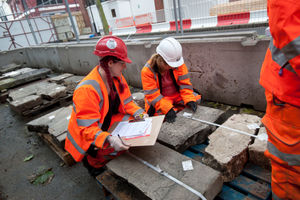
HS2 said all artefacts and human remains would be treated with dignity, care and respect, and a four-part documentary on the history of Britain that is exposed by the project will air on the BBC in 2019/2020.
Patrick Holland, BBC Two controller, said: "This is a major series following this unprecedented archaeological project.
"The HS2 digs promise to reveal secrets throughout a vast timeline of British history and I am delighted that BBC Two will be following the journey."
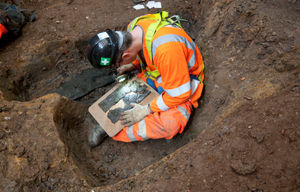
Tom McDonald, head of commissioning at the BBC's Natural History and Specialist Factual unit, added: "It's thrilling to be there from the very start of what is unquestionably one of the most significant archaeological endeavours in British history.
"It promises to make us re-interrogate what we think we know about British history and give us an extraordinary and privileged insight into the past."
Duncan Wilson, chief executive of government heritage body Historic England said: "With the building of HS2 comes a once-in-a-generation opportunity to improve our understanding of how people have shaped England's landscapes over thousands of years, from the first prehistoric farmers through Roman and Saxon and Viking incomers to the more recent past."

